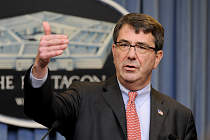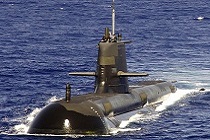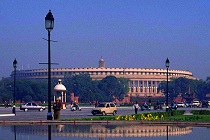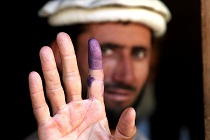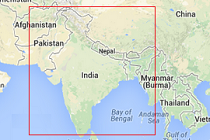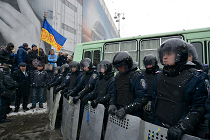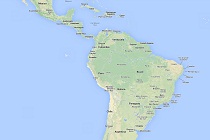Counting on the next U.S. envoy
As the UPA government’s tenure comes to a close, the Obama administration is in the process of appointing a new U.S. Ambassador to India. The choice of who will represent the U.S. government in New Delhi will be critical in determining the future course of the bilateral

